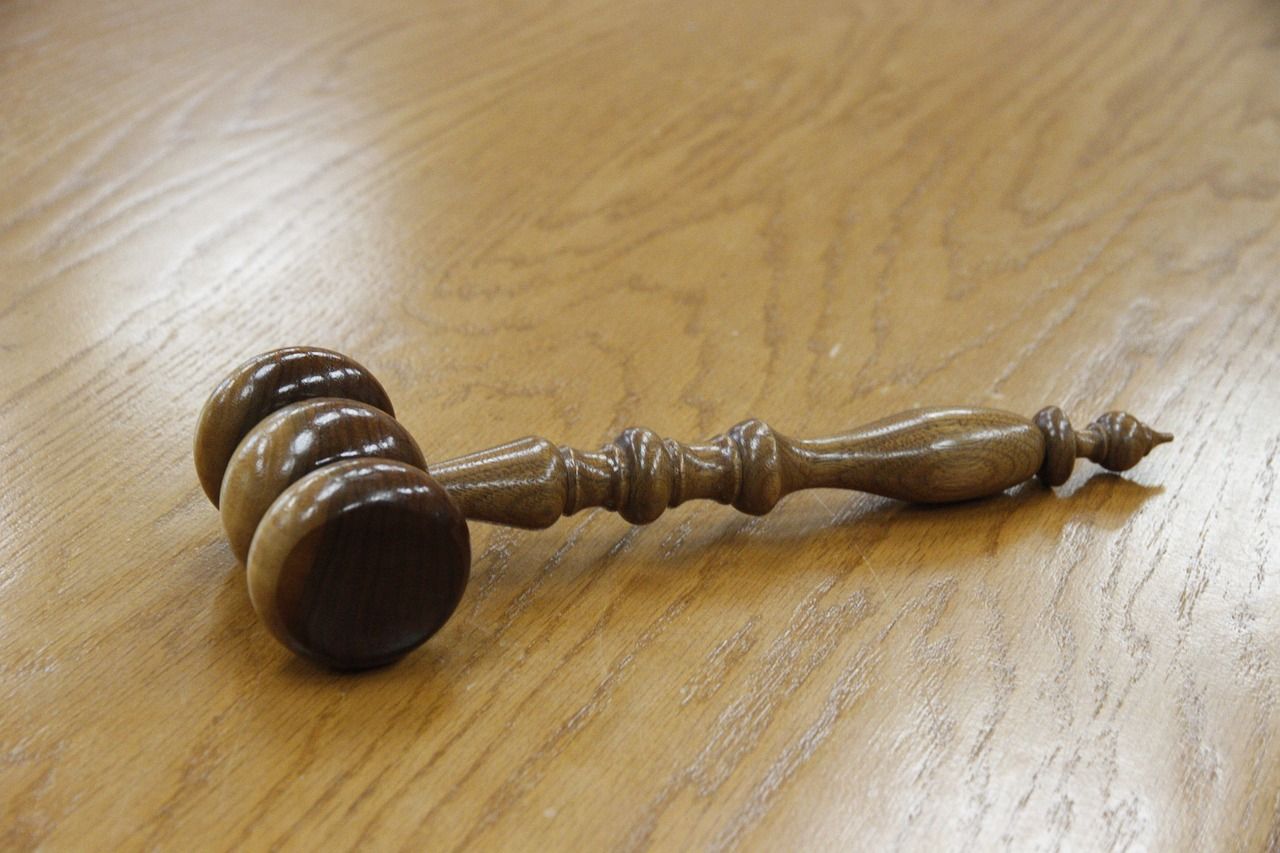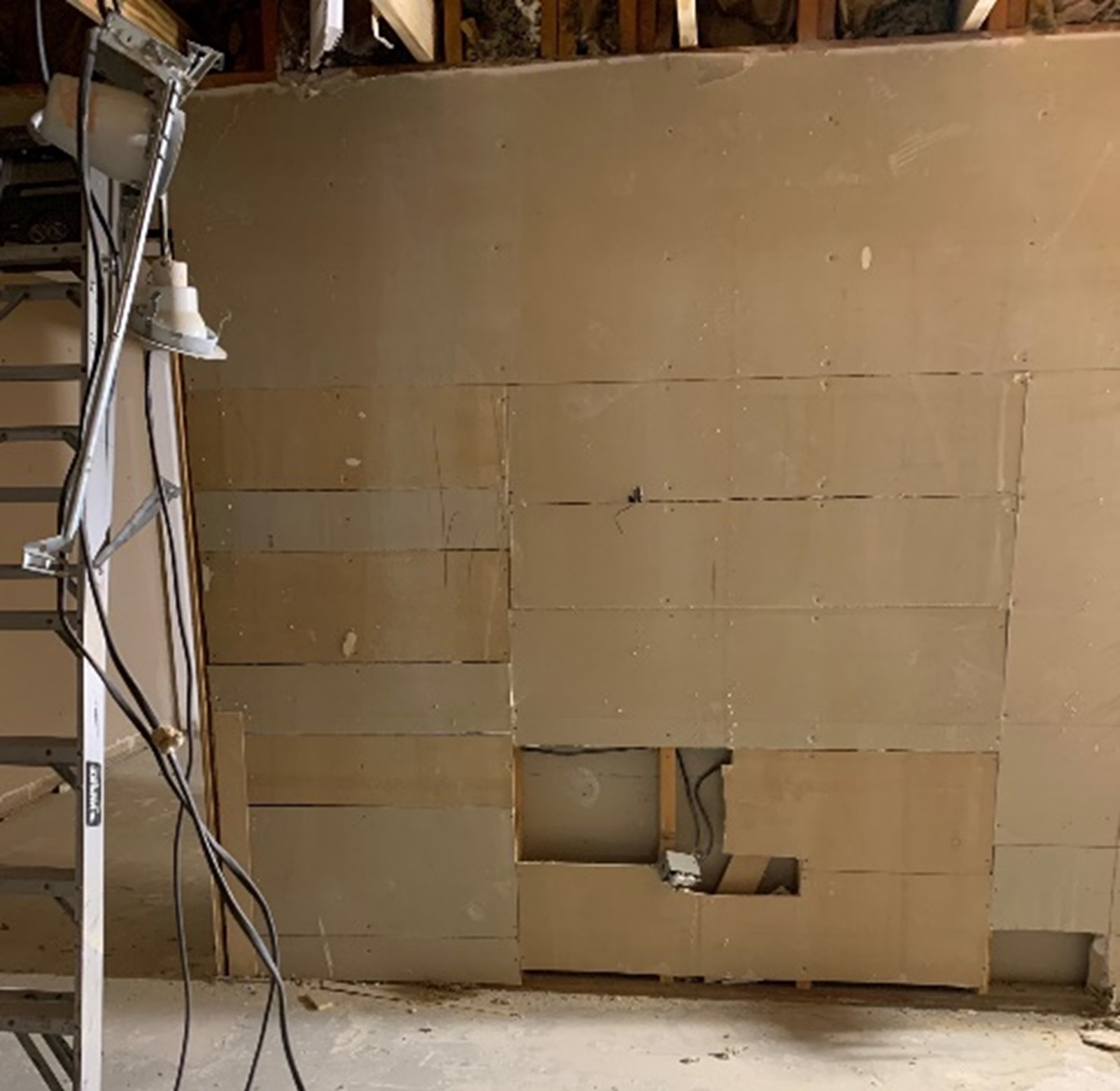On March 31, 2020, Governor Abbott issued Executive Order GA-14 (the “Order”) which supersedes previously-issued Executive Order GA-8, but not Orders GA-10 – GA-13.
This Order remains in force until April 30, 2020 unless modified, amended, rescinded or superseded by the governor. Matters related to this article are in a constant state of flux, subject to changes from the Governor’s office, County Judges and Mayors all across Texas. Be sure to visit with counsel to ensure you are armed with the most current information.
Is Construction still classified an “Essential Service”? Short answer: Mostly yes.
Notably, the new Order adopted as “essential services” those sixteen economic sectors (“sweet sixteen”) identified by DHS in its Guidance on the Essential Critical Infrastructure Workforce, Version 2.0, (“Guidance”). That document can be found in the attachment at the very bottom of the following page https://www.cisa.gov/publication/guidance-essential-critical-infrastructure-workforce.
The Guidance does not identify construction as an essential service in a broad-brush manner, but it does contain several relevant references to various types of construction services as authorized by the Order.
First, if you are working on a construction project in support of one of the sixteen identified critical-infrastructure sectors, then you are providing an essential service, and are excepted from the stay-at-home element of GA-14. Examples include Healthcare, Transportation, Water, Energy, Agriculture, Commercial Facilities, Financial Sector, and the Defense sector.
Second, various sections of the Guidance confirm that workers performing maintenance and critical inspections of commercial buildings and construction and maintenance on residential housing are all performing “essential functions,” as summarized below.
PUBLIC WORKS AND INFRASTRUCTURE SUPPORT SERVICES – Workers, including plumbers, contractors, HVAC Technicians and other service providers who provide services that are necessary to maintaining the safety, sanitation and essential operation of residences and buildings.
OTHER COMMUNITY- OR GOVERNMENT-BASED OPERATIONS AND ESSENTIAL FUNCTIONS – Workers to ensure the continuity of building functions including but not limited to security and environmental controls (HVAC), the manufacturing and distribution of the products required for these functions, and the permits and inspections for construction supporting essential infrastructure.
COMMERCIAL FACILITIES – Workers who support the supply chain of building materials from production through installation.
RESIDENTIAL / SHELTER FACILITIES AND SERVICES – Workers supporting the construction of housing
Can I work on a construction project not in the “sweet sixteen”? Governor Abbot’s order is carefully worded to encourage the spirit of de-centralized government, therefore allowing county judges and mayors substantial freedom to issue orders governing the actions and activities allowed in their jurisdictions. Only where a local order attempts to restrict an activity allowed by the Governor’s Order, then the Governor’s Order controls, and the activity is allowed. This means that the answer to whether your particular construction activity is an essential function lies in your county and city orders. Generally, yes.
For example, the City of Frisco’s latest order permits residential and commercial construction. As such, it is not in conflict with the Governor’s Order and all construction may move forward in the City of Frisco, as of April 1, 2020.
In contrast, Dallas County’s most recent order (May 29) allows residential and commercial construction, except for elective additions or maintenance. However, the Governor’s Order appears to allow elective maintenance for commercial property. Specifically with regard to residential property, the Governor’s Order allows “workers performing housing construction related activities,” and “workers supporting the construction of housing.” These broad allowances appear to conflict with the Dallas County restriction on “elective additions and maintenance.” Thus, it appears that the Governor’s order will control, and that elective additions and maintenance are once again allowed in Dallas County.
The guidance provided by Travis County and the City of Austin orders prohibit construction other than (generally) for government purposes support of the “sweet sixteen.” The Governor’s Order requires that the “sweet sixteen” be allowed to continue to operate, so no conflict there. However, the Governor’s Order affirmatively allows “housing construction related activities,” which Austin’s order appears to generally forbid. Therefore, again, it appears that residential construction is once again allowed in Austin.
The only question remaining is whether new commercial construction is allowed under the Governor’s Order. Clearly, maintenance work and renovations in commercial buildings are allowed. Commercial new builds may not expressly be allowed by the Governor’s Order, but they are definitely not forbidden. County Judges and mayors in most of Texas realize the value of ongoing construction, and the only order clearly prohibiting new non gov’t commercial construction is in the Travis County and the City of Austin. Whether new commercial construction is allowed there under the Governor’s Order is a mixed issue of politics and law which unfortunately remains unclear.
However, the good news is that even in Austin, new build construction and maintenance appears to be allowed for residential property, along with maintenance / remodels / upgrades to commercial buildings.
But things can change. Quickly. There is no guarantee that construction projects will be allowed to continue. For example, in the space of one week, the Dallas County order morphed from acknowledging residential and commercial construction as an essential service, to adding the restriction against elective additions and maintenance.
Still, the construction trades benefit from a relatively high level of freedom, which, like any freedom can easily be lost if not jealously protected. Patrick Henry once said “Guard with jealous attention the public liberty. Suspect everyone who approaches that jewel.” Those words still ring true, and they apply to the construction industry in this crisis. There are many individuals, businesses, news agencies and “thought leaders” across the country working toward a construction shut down, whether out of jealousy, spite, ignorance, or genuine concern.
It is a privilege. So, let’s consider some ways to “guard jealously that jewel” which is the privilege of construction’s designation as an essential business. First, give yourself a hand. You earned it. Construction is critically important to the lives of every American, whether or not explicitly enshrined in the “sweet sixteen.” Turning to more practical concerns: if you have construction crews in the field, you should affirmatively act to enforce social distancing guidelines, sanitation and health guidelines, which in many places remain just guidelines.
Clearly, the best practice here is to treat these “guidelines” as if they were laws. Provide whatever “COVID PPE” your guys need. This should include but not be limited to (see how that works?) sanitizer, masks, and respirators, hand-washing facilities and mandated hygiene breaks. If you can’t get them respirators, then get them surgical masks. If those aren’t available, then pollution masks. If all else fails, make a fashion statement and bring back bandannas. If you can’t get them face shields, then get them goggles or wrap-around glasses. Where you can, schedule your jobs to defer activities which require your crew be within each other’s social distancing radius. Where possible, break jobs up into smaller units, performed in separate areas, e.g. fabricate with a small crew at the shop, then have a small crew transport to the jobsite, where a just-large-enough crew will handle install / application. Impose a one-person-per-company-vehicle rule. Encourage your crews to use their own personal vehicles to temporarily supplement your company fleet, but ensure that they have safe and sufficient parking. At a minimum, develop a quick and easy program by which you can reimburse their mileage at current IRS rates. If your resources allow, consider paying an additional vehicle stipend for the duration of the emergency. Hire or re-task supervisors, or qualified persons (e.g. OSHA 30) with only the requirement to enforce these rules, and the authority to shut down a site if necessary. If your company is responsible for hiring subcontractors and outside (non-W-2) vendors, ensure that they are following these same protocols. Taking these sorts of action will help insulate our industry from complaints, and show how important and professional we really are.
Remember, we are managing not only public perception, and the perception of politicians, and your crews also have a voice. Work toward having them raise those voices in support of your efforts, and in being thankful they can still work when so many are effectively under house arrest. While not all individuals in this country are sympathetic to the plight of businesses adversely impacted by the Covid-19 virus, all are sympathetic to workers who can’t feed their families because they are unable to work.
As an example of how things can go wrong, consider the news story linked following. Workers are complaining about conditions, and local observers are becoming concerned. While the governor remains supportive of the construction industry, its ability to continue, at least in Chicago, is clearly under evaluation. It would be surprising if this story wasn’t driven at least in part by elements of the union machinery managing this crisis in furtherance of their own ends. But there is a lesson here – it is in the interest of every person in the construction industry to understand that right now – having a job is a privilege.
If we all continue to “act right,” we have a great chance to keep working, and not end up like this: https://www.wcvb.com/article/construction-workers-trapped-in-essential-worker-gray-area/31918504#.
For more information on how to protect your business during this Covid-19 crisis, see our website at www.eblawtexas.com.
Brian Benitez is a partner at Ensley Benitez Law, P.C., whose practice emphasizes litigating matters important to small and medium businesses arising from areas including Construction Law, Employment Law, Contracts Law, Texas Property Code Liens, and Agency Law (e.g. representing businesses against government entities, such as OSHA, EEOC, TDI, TX Comptroller). Ensley Benitez Law, P.C., 8140 Walnut Hill Ln., Ste. 835, Dallas, TX 75231 469-501-5562, brian@eblawtexas.com.


.png)





